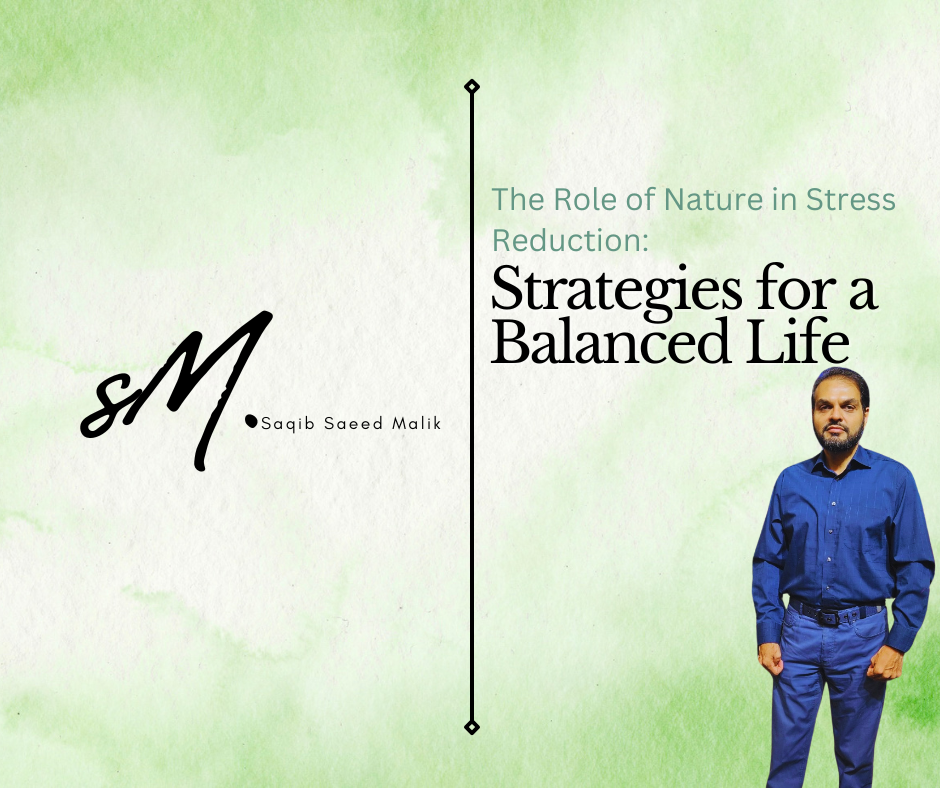Stress is a pervasive issue in modern life, with significant impacts on health and well-being. Nature offers a powerful antidote to stress, providing various strategies to promote relaxation and balance.
Understanding Stress and Its Effects
Chronic stress can have detrimental effects on physical and mental health, leading to conditions such as cardiovascular disease, anxiety disorders, and immune system suppression. Understanding the physiological and psychological mechanisms of stress is crucial for developing effective stress management strategies.
Nature as a Stress Reliever
Engaging with nature can significantly reduce stress levels. Research shows that spending time in natural environments lowers cortisol levels, heart rate, and blood pressure, promoting relaxation and well-being. Activities such as hiking, gardening, or simply spending time in a park can have immediate and long-term stress-relieving effects.
Mindfulness and Nature
Mindfulness practices in natural settings can further enhance stress reduction. Nature-based mindfulness techniques, such as forest bathing (Shinrin-yoku) or nature meditation, encourage individuals to focus on their sensory experiences and cultivate a sense of presence. These practices can reduce stress and improve overall mental health.
Creating Personal Nature Retreats
Creating personal nature retreats, such as a garden or a dedicated outdoor space, can provide a regular sanctuary for stress relief. Incorporating elements such as water features, comfortable seating, and plants can create a calming environment that promotes relaxation and mental clarity.
Community and Nature-Based Stress Reduction Programs
Community-based programs that integrate nature into stress reduction strategies can also be beneficial. Programs such as nature walks, community gardening, and outdoor yoga classes offer opportunities for individuals to engage with nature, connect with others, and manage stress effectively.











